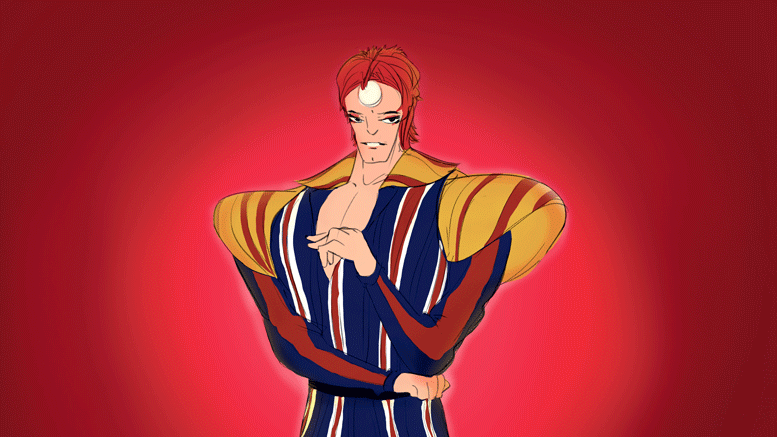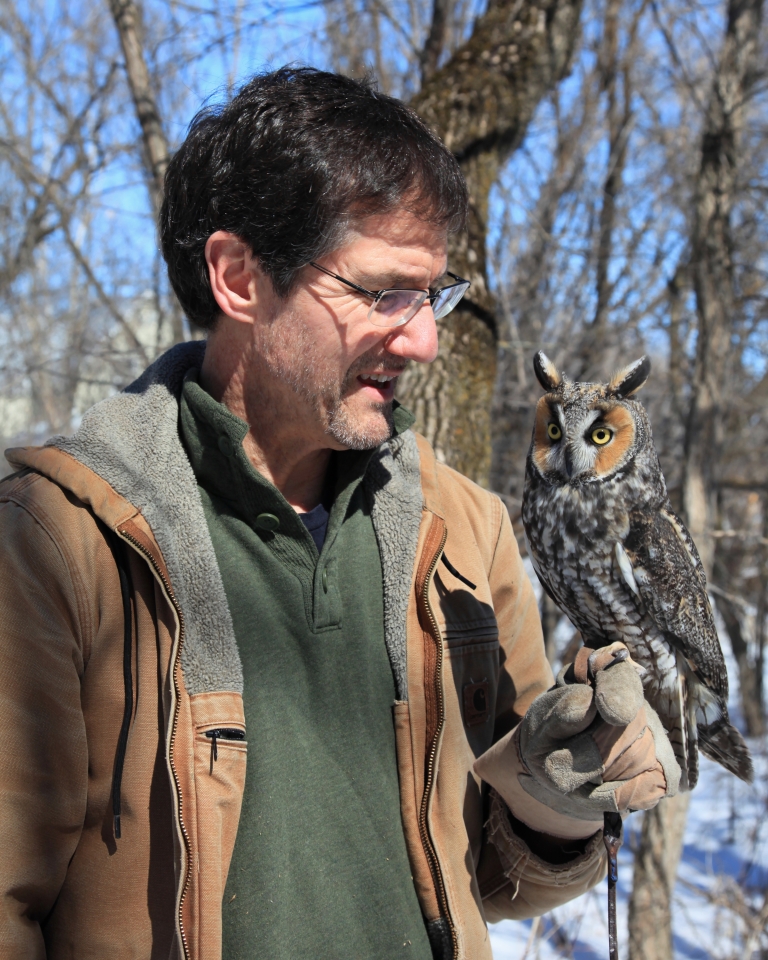If you have Facebook, you know that David Bowie is dead. News of his death spread quickly through that lowest common denominator of communication, and lingered on in print newspapers like the stench of a dead body, for a good week. This stench was well-exemplified by an article in the Winnipeg Free Press: “Free Press writers remember a legend.” We get it – someone famous died, and that’s always a good way to sell newspapers.
Every time a celebrity dies, we are more likely to hear of the death of other, less noteworthy celebrities. The press gives the people what they want, and if Bowie can only die once, than they can at least inform us that Celine Dion’s husband has passed on. We see quite quickly that the headline being sold is not news of a noteworthy passing; it is simply “Death!!!”
The slew of status updates and newspaper stories tells us more about ourselves than it does Bowie; it says more about our relationship with celebrity, and death, than it does about his music. Or rather – it might, if we were willing to learn from the experience. We always react to death with surprise. Somehow, it’s never anything less than a tragedy.
Our cultural fascination with celebrity speaks to the emptiness of our own lives which, rather than examining and confronting, we replace with the experience of a glamour not our own. Our fixation on the “tragedy” of a celebrity death (no matter how great their contributions in life, no matter how much we like to think they created their art just for us) is not a virtue. It is a symptom of a culture that does not like to think about death. Those who accept death as natural love life; those who love life do not waste theirs in the adoration of others’.
Interest in, or even borderline worship of, celebrities is not in and of itself bad or unnatural. Humans desire to attach themselves to something greater than themselves, to set up stars on the horizon they can move towards and live their lives by. But those stars were once deathless; they were totems, saints, gods, unchanging platonic ideals. We fear death, but we chose things that must surely die within our own lifetimes to idolize. We set ourselves up to suffer.
It is natural to be wary of that “undiscover’d country, from whose bourn no traveller returns.” But it is also natural to make our peace with this. Where North American culture is most dominant, we find celebrity culture most prominent. And there we surely find near-omnipresent (though rarely spoken of; that would, somehow, be a weakness) the gnawing fear of death.
This cultural deficiency of ours is not a thing to be passed over. Most of our celebrities are getting on in years (and we continue to add people to the list of celebrities), and if we continue to place importance on their deaths (and we will tend to, if the media continues to make a big fuss over them), the public ritual of lamenting celebrity death will soon become as continuous as it is empty of meaning.




